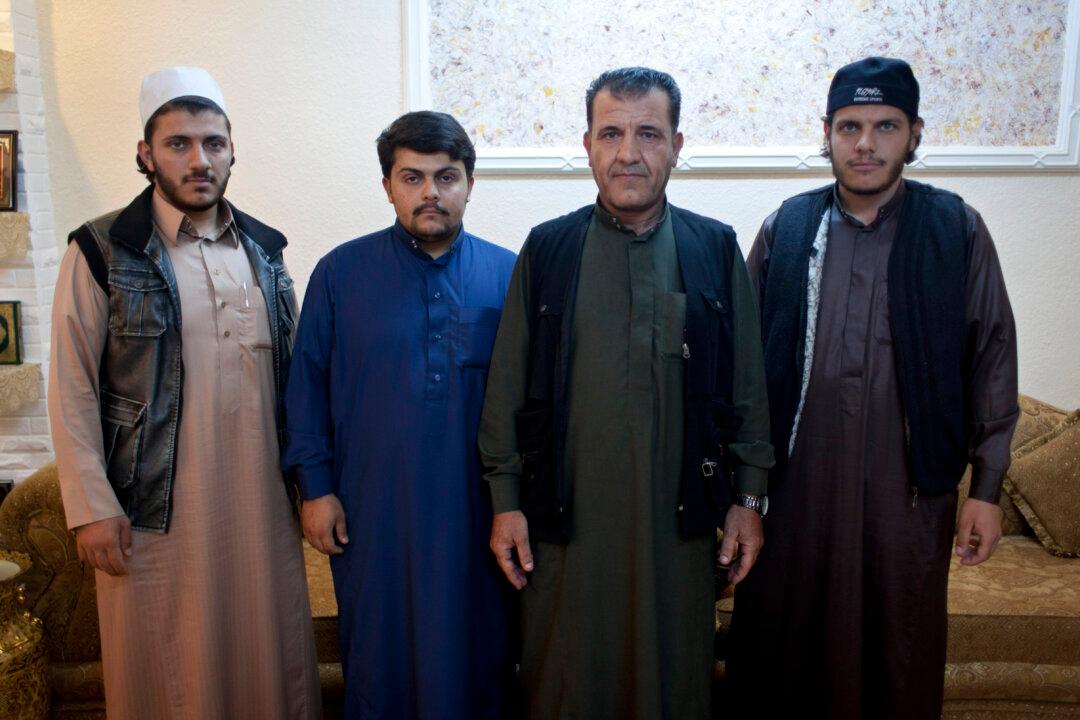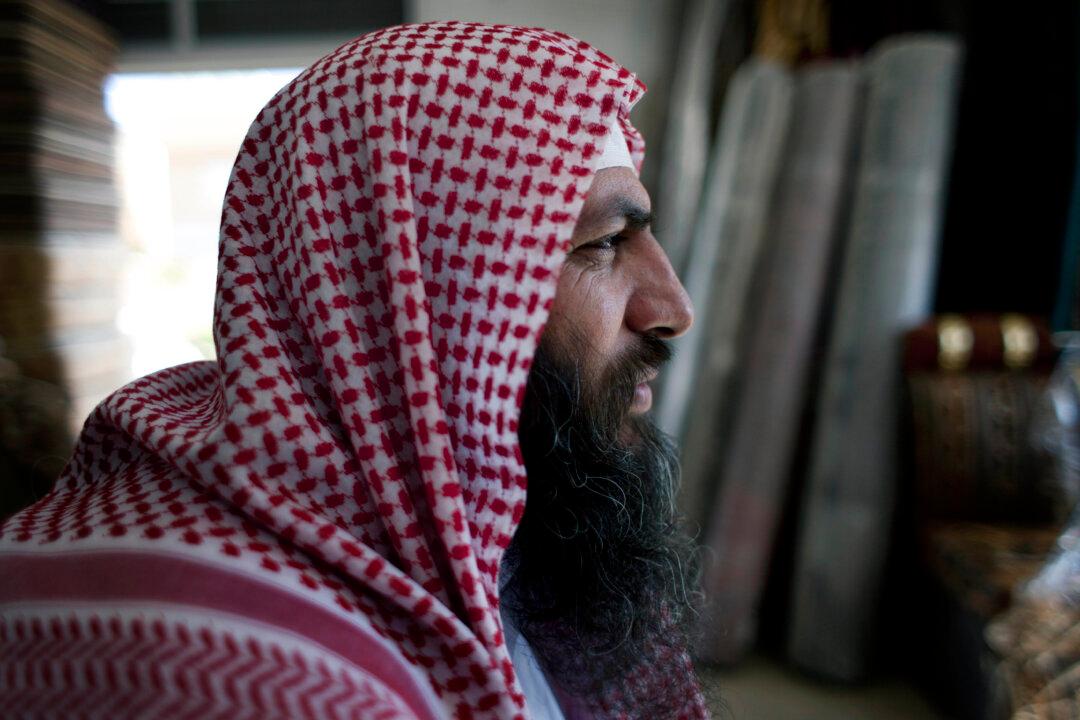MAAN, Jordan—The three young Jordanians didn’t start out as extremists. They grew up in mainstream Muslim families. But they grew increasingly angry at what they felt were Western injustices against Muslims — and decided to join the jihad in Syria and Yemen.
Now they are home from war, trying to live ordinary lives, knowing they are under heavy surveillance by Jordanian security agencies. Two brothers, Omar and Abdullah Mansour, are back in their father’s house. A third returnee found a part-time teaching job and plans to marry.
But they abide by their hardline vision of Islam and are confident it is gaining popularity.
The Islamic State group could one day rule the region, said the teacher, who spoke on condition of anonymity for fear of trouble with Jordanian authorities. Its radical fighters are the defenders of Sunni Muslims against rival Shiites and the West, he said.
“They broke the head of America,” he said, sitting in Maan’s Great Mosque after noon prayers one day in late October. “They have taken back the rights of the Sunni people.”
The bearded man — who sported a black vest over a gray robe, typical attire for ultraconservatives known as Salafis — said he grew up in a middle class family that was not particularly devout.
He said he was first drawn to jihadi Salafis while studying business administration at Maan’s university. At the time, he said, he was driven by anger over what he felt was oppression of Muslims by U.S. troops in Iraq and Afghanistan.
He slipped into Syria this year. While he wanted to join Islamic State fighters, he ended up with their rival, the Nusra Front, al-Qaeda’s branch in the country. He spent seven months with Nusra fighters in a three-bedroom house in a town in southern Syria.
He said he gave religion classes to Nusra fighters and sometimes to fighters from the Western-backed Free Syrian Army — “the ones sympathetic to Islam.”
Omar Mansour was in seventh grade when he first heard jihadi preachers on the Internet.
“I would listen to sermons about the situation of the Muslim nation, how important jihad is for God,” he said in the spacious living room of his father’s home.
Mansour, 23, said he repeatedly tried to join the rebels fighting Syrian President Bashar Assad, but was sent back by Jordanian border guards.
He finally sneaked across the border in late 2013. Like the teacher, he had hoped to join the Islamic State fighters but ended up with the Nusra Front because they operate closer to the Jordanian border.
He said in hindsight, it was preferable. “The problem with Islamic State is that they have killed Muslims.” But, he added, the Islamic State group is becoming more popular than al-Qaeda because of its territorial gains.
Mansour said he saw combat and returned to Jordan about two months later for the birth of his daughter, Samar. He was detained and questioned for six weeks, and eventually got a job with a phosphate company.
His father Mahmoud, 48, said he was proud of his son. “I welcomed it,” he said of Omar’s jihad days.
Omar’s younger brother, 21-year-old Abdullah, was in prison in Yemen at the time, the family said.
Abdullah said he had dropped out of the local university in 2012 and boarded a plane to Yemen to fight in the ranks of al-Qaeda. But, he said, he was caught by Yemeni security forces on the first day and spent two years in prison. He was released in February.
The return hasn’t been easy. Abdullah hasn’t been able to find work because he can’t get the required security clearance for a government job.
After returning to Jordan in July, the teacher was also detained and interrogated for two months, then had to sign a pledge he would not promote Islamic State ideas. He was also warned he would be under surveillance.
He is treading carefully. He wants to start a family, maybe get a master’s degree, and doesn’t want to get arrested again.
“The Jordanian government is vigilant, and I don’t think the U.S. and Israel would let this country fall to IS.”
But, he said, growing economic pressure “might lead the country to an explosion.”
From The Associated Press


